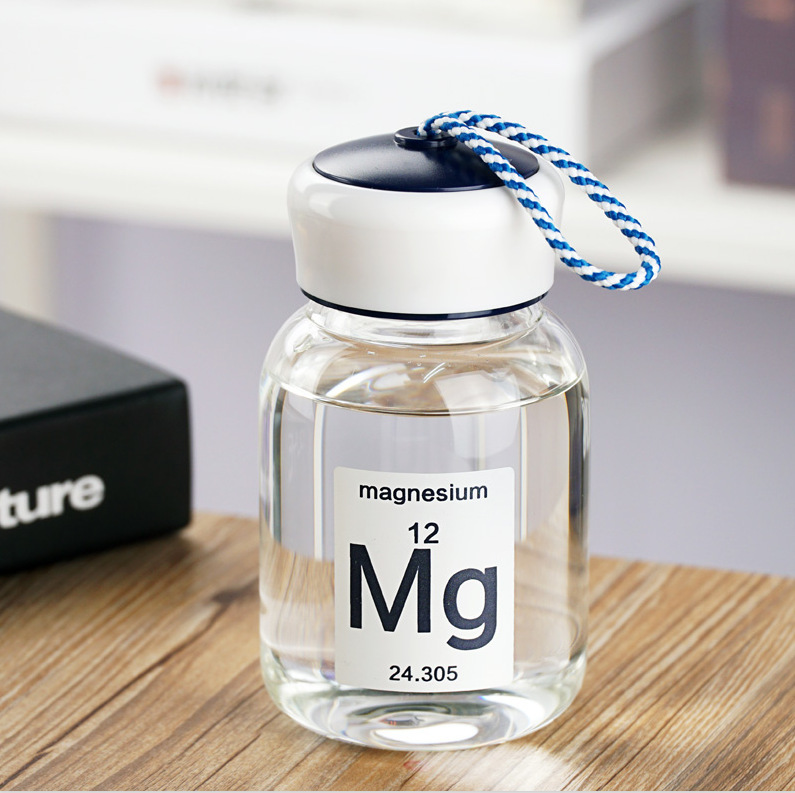Absolutely, the intersection of innovation and responsibility is transforming plastic water bottles into eco-focused solutions:
- Recycled Content: Integration of recycled materials in bottle production reduces the reliance on virgin plastics, supporting a more sustainable approach to plastic use.
- Bio-Based Materials: Advancements in bio-based plastics offer alternatives derived from renewable sources, often biodegradable or compostable, reducing environmental impact.
- Biodegradability Enhancements: Research focuses on additives that accelerate biodegradation in plastics, ensuring reduced persistence in the environment after disposal.
- Durability and Reusability: Emphasis on designing robust and reusable plastic bottles encourages extended use, diminishing the demand for single-use plastics.
- Efficiency in Design: Innovative, lightweight designs optimize material usage, minimizing resource consumption during production and transportation.
- Advanced Recycling Methods: Technological advancements improve recycling processes, enabling more efficient and comprehensive recycling of plastic bottles.
- Refillable and Multi-Use Systems: Expansion of refill stations and designs encouraging multiple uses incentivize the reuse of plastic bottles, reducing the need for new ones.
- Consumer Education: Awareness campaigns educate consumers about proper disposal, recycling practices, and the importance of sustainable choices in plastic usage.
- Regulatory Support: Stricter regulations and industry standards drive the adoption of sustainable practices in plastic bottle manufacturing.
- Collaborative Efforts: Partnerships between industries, governments, and environmental organizations foster sustainable practices and collective action toward eco-friendly plastic solutions.
The amalgamation of innovation and responsibility in the realm of plastic water bottles is paving the way for eco-focused solutions that prioritize sustainability, offering more environmentally friendly alternatives to conventional plastics.



